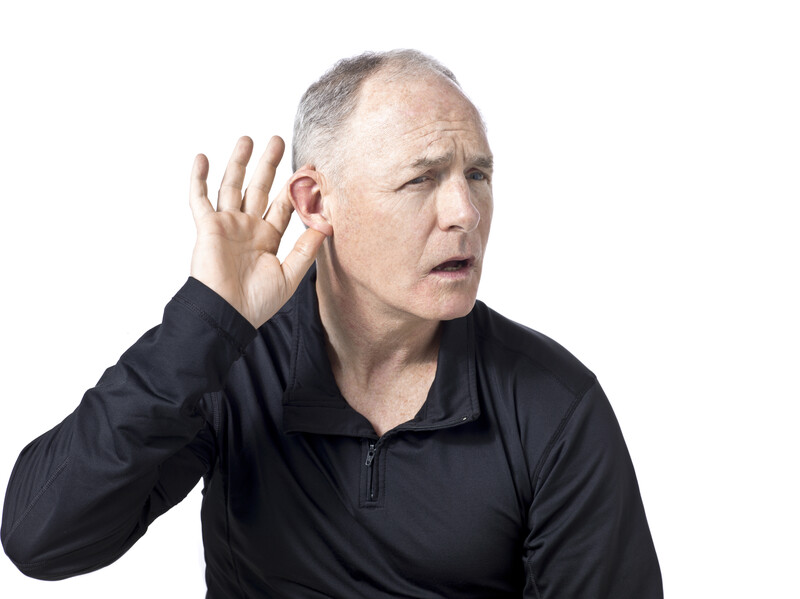Hearing loss and industrial deafness are serious conditions that can impact a person’s ability to work. If you or someone you know has suffered from hearing loss or industrial deafness, it is important to understand your legal rights. You may be able to file a compensation claim against your employer.
What Is Industrial Deafness?
Industrial deafness is a type of deafness that is often caused by prolonged exposure to loud noises in an industrial setting. It can be permanent or temporary, and it can affect one or both ears. Symptoms may include tinnitus (ringing in the ears), difficulty hearing high-pitched sounds, and muffled hearing. If you are experiencing any of these symptoms, it is important to see a doctor right away. Industrial deafness can be treated with hearing aids, medication, or surgery, depending on the severity of the condition.
The Causes Of Industrial Deafness
There are a number of causes of industrial deafness, including:
- Exposure to loud noises over an extended period of time
- Working in a noisy environment without proper hearing protection
- Repeated exposure to high-pitched noises
- Use of certain chemicals such as solvents and pesticides
- Trauma to the head or ear
- Genetics
Anyone who is exposed to loud noises on a regular basis is at risk of developing industrial deafness. This includes factory workers, construction workers, musicians, and anyone else who is regularly exposed to noise levels that are above 85 decibels. If you are concerned that you may be at risk of developing industrial deafness, it is important to take steps to protect your hearing. This includes wearing proper hearing protection when working in a noisy environment, and limiting your exposure to loud noises as much as possible.
Industrial Deafness Compensation Claim
If you or someone you know has suffered from industrial deafness, you may be able to file a compensation claim against your employer. The process of claiming for industrial deafness can be complicated and it is important to seek legal assistance from an experienced lawyer. The lawyer will help you file the necessary paperwork and will represent you in court. It is important to note that there is a time limit for filing a compensation claim, so it is important to act quickly.
The steps of claiming for industrial deafness are as follows
1. Speak to an experienced lawyer
The first step is to speak with an experienced lawyer who can help you understand your legal rights and guide you through the process. You may be entitled to financial compensation for the damages you have suffered, including medical expenses, lost wages, and pain and suffering.
2. File the necessary paperwork
The paperwork for claiming industrial deafness can be complicated, so it is important to have an experienced lawyer help you file it correctly. Some of the paperwork needed for claiming industrial deafness includes
- Medical records
- Employment records
- Noise exposure records
- Witness statements
The lawyer will help you gather all of the necessary documentation to support your case.
3. Represent yourself in court
If your case goes to court, the lawyer will represent you and fight for the compensation you deserve. The lawyer has extensive knowledge of the law and will be able to get the best possible outcome for your case.
4. Act quickly
There is a time limit for filing a compensation claim, which is usually three years from the date of the injury. If you delay in filing your claim, you may lose your chance to receive financial compensation. This is why it’s critical to act quickly. Contact an experienced lawyer as soon as possible to get started on the process.
How Much Can I Claim?
The amount of compensation that you can claim for industrial deafness depends on the severity of your condition and the damages that you have suffered. You may be able to receive financial compensation for medical expenses, lost wages, and pain and suffering. You may also be able to claim for emotional damage, such as stress and anxiety, caused by industrial deafness. The lawyer will be able to advise you on the best course of action and will help you receive the maximum amount of compensation possible.
Do I Always Need A Lawyer?
While there are some steps that can be taken without the help of a lawyer, claiming industrial deafness is a complex process and it is important to have legal assistance. An experienced lawyer will help you file the necessary paperwork, represent you in court, and get the best possible outcome for your case. So, if you have suffered from industrial deafness, it is highly recommended to seek legal assistance.
If you or someone you know has been diagnosed with industrial deafness, it is important to take legal action and file a compensation claim. This process can be complicated, so it is important to seek the help of an experienced lawyer. The lawyer will help you gather all of the necessary documentation and will represent you in court. You may be able to receive financial compensation for the damages you have suffered, including medical expenses, lost wages, and pain and suffering.
Shirley Mist has been involved in fashion and design for many years. She has also written extensively for many online publications. She currently writes for The Tribune World and is a valued member of our team.
